Designer Kobi Golan: "My transition to wedding dresses does not come from failure"
Kobi Golan's fashion brand has always combined Middle Eastern elements with intricate handicrafts.
Now he is shifting to the field of wedding and evening dresses, we went out to see why and what it looks like
Tali Arbel
17/06/2022
Friday, 17 June 2022, 10:37
Share on Facebook
Share on WhatsApp
Share on Twitter
Share on Email
Share on general
Comments
Comments
In the midst of dramatic shifting.
Golan (Photo: Gilad Bar Shalev)
Kobi Golan
(29) operates his unique brand
from an intimate studio apartment on Herzl Street in Tel Aviv, where his life merges into his work, and so he prefers to preserve it, at least for now.
He defines himself as a maximalist when it comes to his design style, meaning decorations, lots of details, grandeur: "I like the good load and saturated with colors," he concludes.
An interesting detail given the fact that Golan has a hard time distinguishing between certain shades and is afraid of Tambour's color fan like wildfire, but that does not stop him from creating clothes in rich and stimulating colors.
While these days it is in the midst of a pretty dramatic shift, at least in terms of the local fashion industry, the line that will continue to guide it will be ethnic, innovative and bohemian.
More on Walla!
Fashion
Where are you from?
What did Yael Shelby, Shai Mika and Titi Ainao wear this week
To the full article
The connection to fashion and handicraft flows in the men of the Golan family in the arteries (Photo: Gilad Bar Shalev)
The connection to fashion and handicrafts flows in the men to the Golan family home in the arteries.
His late grandfather was a wedding dress designer and his father also produced fashion for 30 years, "My father was a former clothing manufacturer in a business that went through several incarnations. He started in women's clothing, moved on to children's clothing and finally to the production of galabiyas for the Arab sector."
Now, as things connect, one can understand the strong ethnic influences that have crystallized into Golan's design identity.
Already as a child, Golan used to come to his father's shop on Jaffa Road at a time when he calls 'the blossoming of fashion': "When there was textile production and sewing and manufacturers, what is dying here today," he continues, Of fabrics and just waiting to go home and sew little dresses for Barbie dolls. "
Kobi Golan, a bohemian wedding dress with an innovative twist (Photo: Amit Mussar)
And when did it become a childhood hobby into something more serious?
"At the age of 14 I was enrolled in an afternoon fashion class at the academy in Rishon Lezion where I grew up, in addition I took sewing, cutting and image lessons with private tutors. At the age of 17 I designed a collection of prom dresses that was published in the media
.
Who accepted me without too much experience. From the moment I arrived at his studio I fell in love with dresses and it was an amazing experience. At the age of 19 I was accepted to Shenkar (Higher School of Engineering and Design) and at the same time worked in the local industry with wedding dress designers. I served as the friends did. "
Golan's final project at Shenkar dealt with Bedouin women, inspired by his father who created galabiyas for the sector, during which he was exposed to embroidery and traditional handicrafts that became his trademark.
The project even gained exposure on the Vogue Italy website and starred on the cover of a local magazine.
"And I was not the star of the cycle" he wants to clarify, "they even wrote here that some of my items look like Mazara, made my life very difficult. But the final collection did get stunning exposure at the end and I am very happy about that."
Galit Gutman is wearing Kobi Golan
View this post on Instagram
A post shared by Kobi Golan (@kobi__golan)
Pretty soon after graduating from Shenkar, Golan begins to produce small collections that deal with reuse and incorporate handicrafts.
Whether he chooses to use a purchased fabric or to renew authentic fabrics as well as vintage, he always makes sure to do some sort of manipulation on the fabric - to leave his original and unique signature on the garment, to give a different flair to his designs.
The business, which has been in existence since 2018, has gained momentum in the last two years, during which time it has managed to dress up egg celebrities such as
Galit Gutman
, singer
Narkis
,
Korin Gideon
and
Yuval Dayan
.
But recently, and in a rather surprising move, Golan decides to stop designing and producing casual clothing and moves to focus on wedding and evening dresses.
The ethnic influences are noticeable, but Kobi Golan does not completely ignore what is happening in the fashion world (Photo: Amit Mussar)
The decision to shift to the bridal and evening field is mainly due to economic motives?
"After a few years I experienced the business activity with casual clothes (during which we went through the corona), in the last year a decision has begun to form in me and I have the passion and desire to return to the sources. Customization.I really like it.The transition to brides is also a result of economic thought it is true, and it is part of the process, but it does not come from failure but mainly my development and return to the sources.Everything related to the wedding industry in the country works well.In addition, clothing rental .
The successful kimono collection, by the way, which is so identified with it ("the brand's bread and butter" as he calls it), Golan is still considering preserving for its loyal customers and fans of the genre.
Kobi Golan's ethnic kimonos originating from Indian scarves rich in textures, decorations and bursting colors
View this post on Instagram
A post shared by Kobi Golan (@kobi__golan)
Not easy are the lives and work of fashion designers who are relatively in their infancy, especially in our districts.
Production costs, rents and manpower, the endless expectation that will bring the “next gospel” and produce several collections a year, as well as being with the finger on the pulse of the trends index.
And there is the endless pursuit of advertising and marketing, the fullness left behind and especially the difficulty in pricing the clothes - which on the one hand will respectfully reflect the huge investment of the designers in each item, and on the other hand the customers will agree to invest the money and buy.
What challenges do you face as a fashion designer in Israel?
"One of the challenges of a fashion designer in Israel, and in the world in general, is that the pace has become very fast, as we eat and throw away so the same attitude exists towards clothes. I realized and decided that I do not participate in this race, I want to create slow, meticulous fashion, I'm glad I do not have full because most of my production today is made to order. On the other hand, I do not produce in China or mass production and this has a significant price and investment on my part. I buy textiles that require treatment with certain specialties. The process I like to share can be seen on my Instagram, such as maps that require pre-cutting treatment, special connection techniques, dyeing and embroidery. "And making the product accessible to customers. I believe that in the end I will be able to find the balance between the two."
To what extent does the expectation from the market and customers for constant innovations, under the auspices of Torah trends, affect you?
"I do not succumb to the pressure or expectation to reinvent myself every time. I think I evolve, grow and grow within a line I have created for myself. I have chosen to take myself out of the endless pursuit of collections and fast fashion. I choose to be true to my work and I believe in investing in items that are "Temporary and meticulous. Customers respond accordingly and arrive."
Kobi Golan.
Reuse of crocheted tablecloths, unique silhouette and handmade (Photo: Amit Mussar)
What's your gospel in the new bridal and evening collection?
The knitted dresses in the collection are flexible and can fit a variety of sizes.
"A good garment is a garment that will be relevant in many years to come. Of course, I am not completely detached from what is happening outside and trends, but I try to create pieces that are timelines."
Kobi Golan.
A stunning alternative to the second look for a bride who is looking for something different and unique (Photo: Amit Mussar)
We personally are a little tired of tulips, crinolines or restrictive corsets, waiting to see the girls of Israel get married in bohemian dresses with an innovative twist that combines diverse handicrafts to boast about.
Price ranges for renting wedding and evening dresses by Kobi Golan:
Wedding dresses - NIS 8,500-9,000
Second dress - NIS 5,000
Evening dress / evening suit - NIS 4,000-5,500
Kobi Golan.
Use of existing materials combined with handwork (Photo: Amit Mussar)
Fashion
News
Tags
Special interview
Fashion Designer
Wedding Dresses

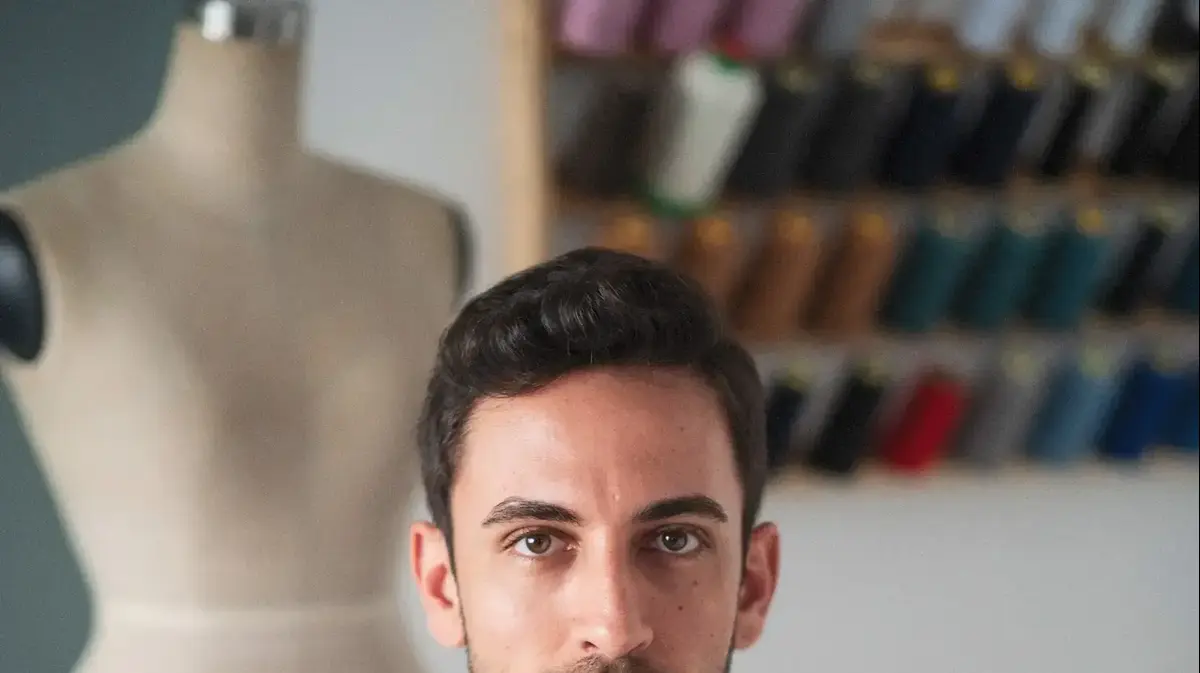
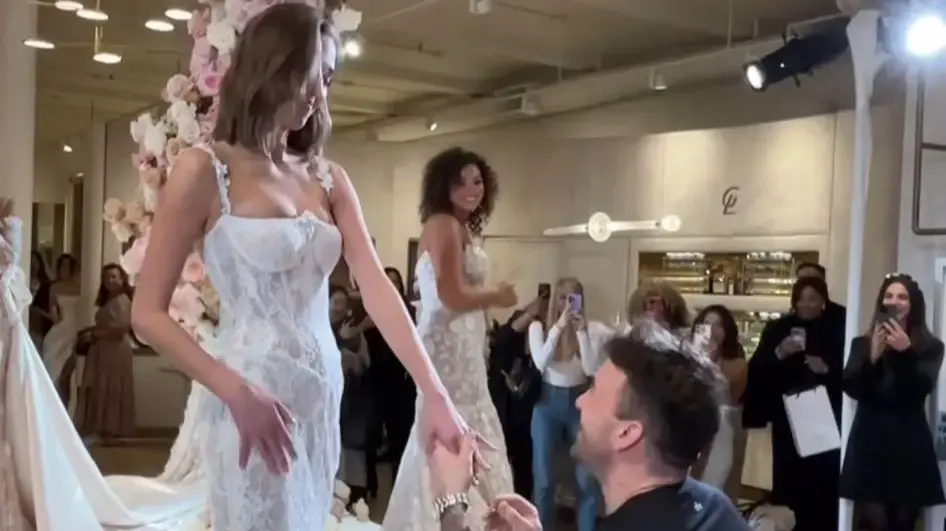
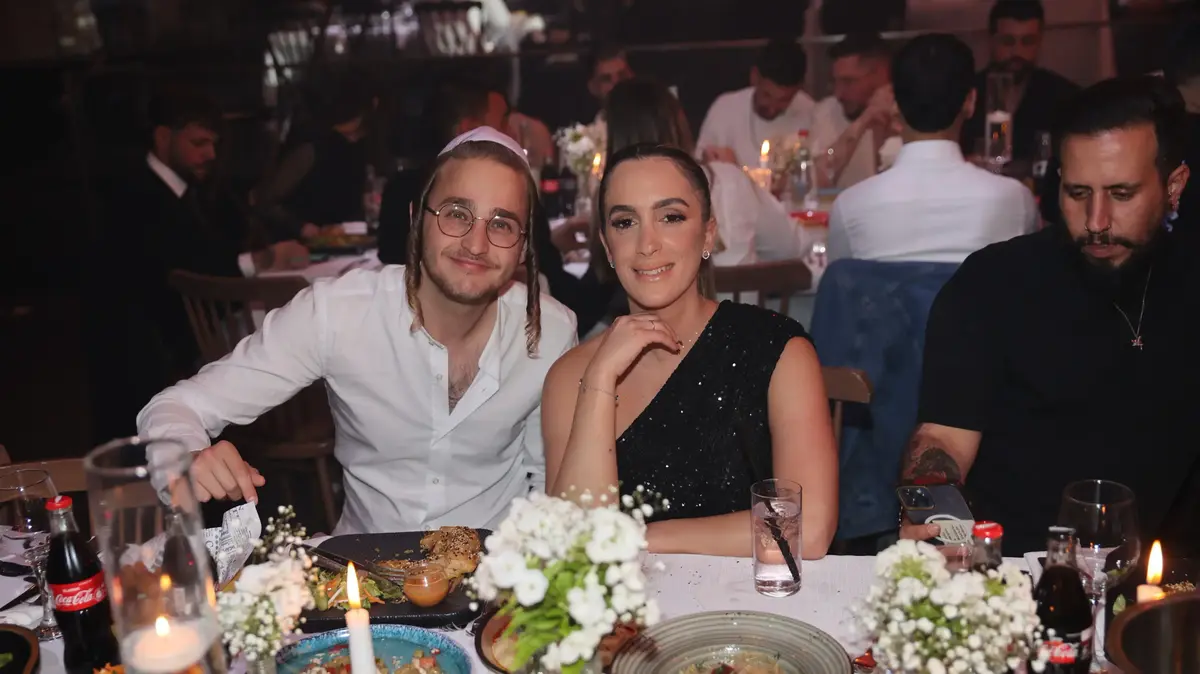


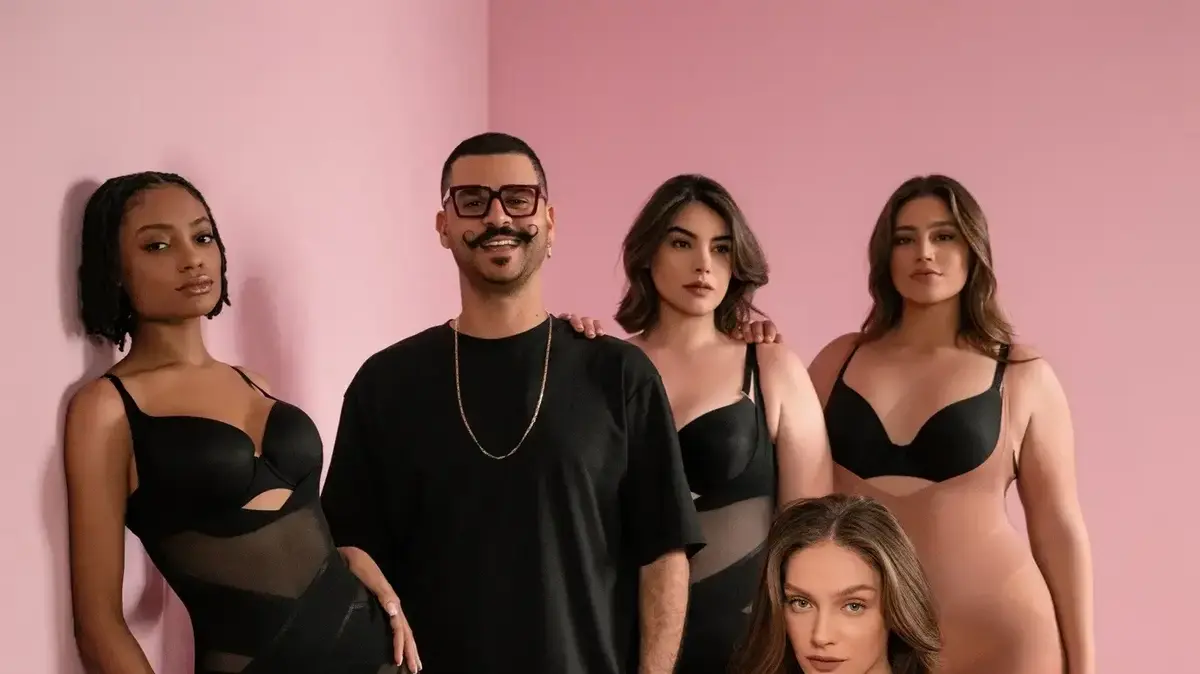
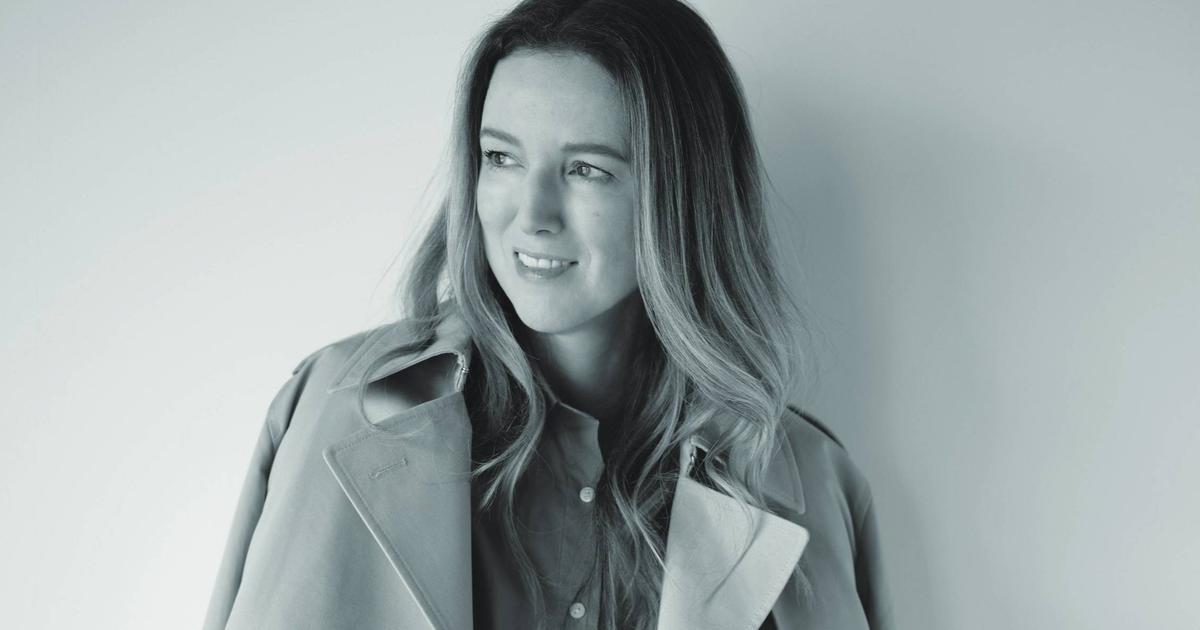
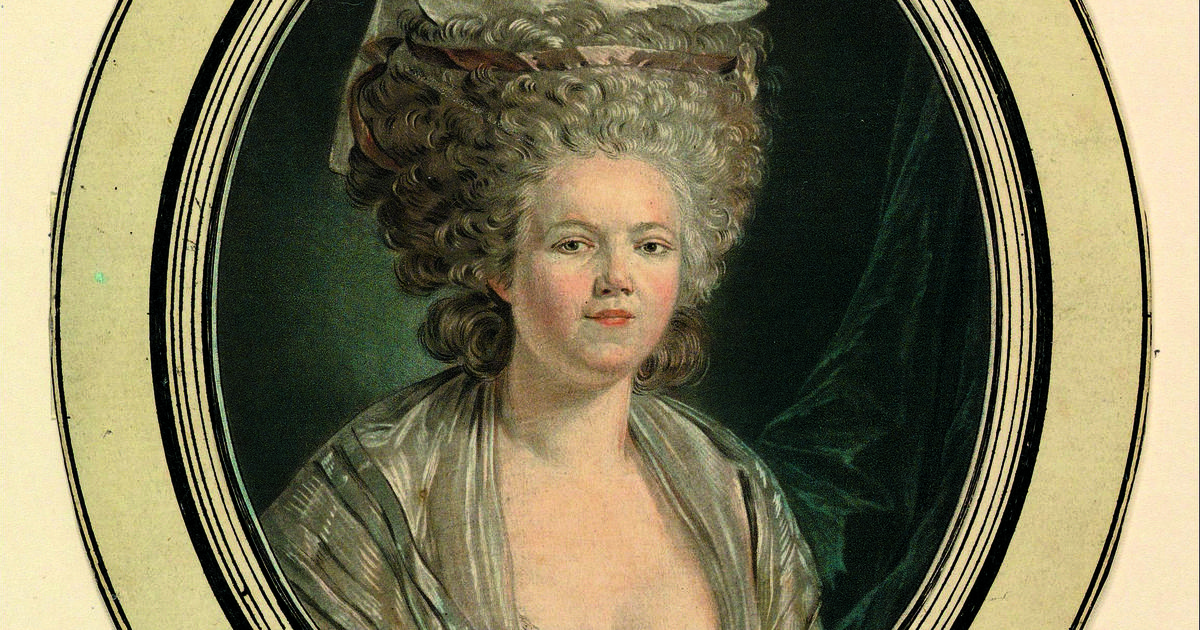
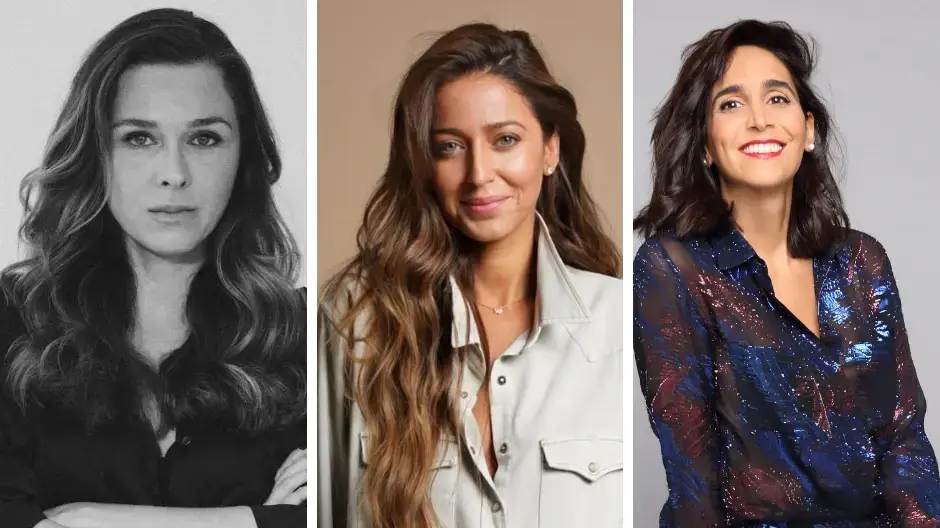



/cloudfront-eu-central-1.images.arcpublishing.com/prisa/S7ERVSCT4FUVX6R7TUVBDNTH5Y.jpg)

